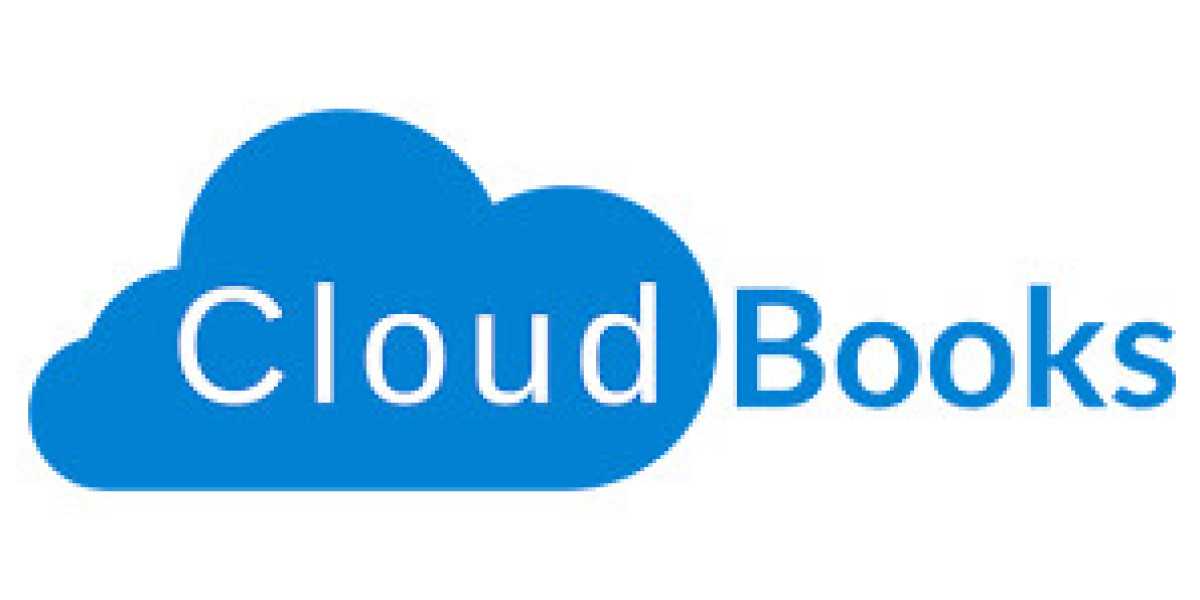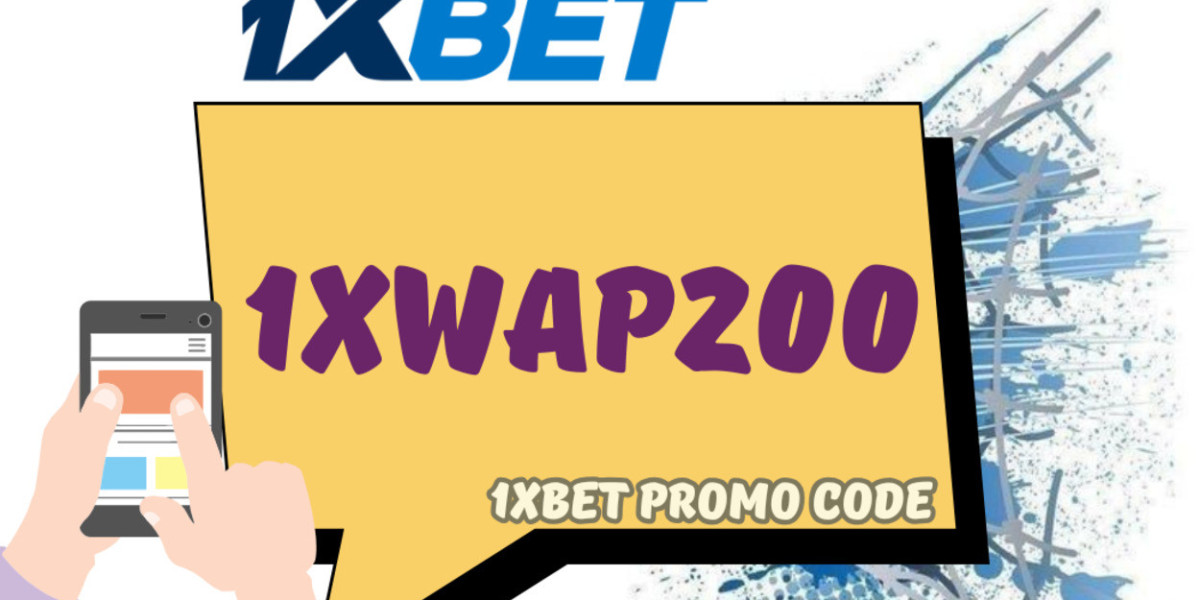In the ever-evolving world of business, managing finances efficiently is one of the most important responsibilities of an entrepreneur. From issuing invoices and tracking expenses to paying taxes, every aspect of accounting must be accurate and compliant. One area that requires special attention is the submission of VAT returns. For many businesses, this process can be stressful and time-consuming. Fortunately, with the development of cloud books, managing VAT has never been easier.
This article explores what cloud books are, why VAT returns matter, how cloud-based accounting simplifies compliance, and the benefits of adopting digital financial tools for modern businesses.
What Are Cloud Books?
Cloud books, also known as cloud-based accounting software, are digital platforms that allow businesses to manage financial data securely online. Instead of relying on traditional desktop software or manual spreadsheets, cloud accounting stores data on secure remote servers.
This means business owners, accountants, and managers can access financial records from anywhere, anytime, using a laptop, tablet, or even a smartphone. Popular examples of cloud books include Xero, QuickBooks, Sage, and FreeAgent.
Key Features of Cloud Books
- Automated invoicing and billing – Send invoices instantly and track payments.
- Bank reconciliation – Match bank transactions with recorded expenses automatically.
- Expense tracking – Upload receipts and record expenses digitally.
- Payroll integration – Manage employee wages and deductions alongside accounts.
- Real-time financial reporting – Access up-to-date profit and loss statements, balance sheets, and VAT summaries.
Cloud books have revolutionised bookkeeping by making accounting more efficient, secure, and user-friendly. But their most important advantage is how they simplify tax compliance, especially VAT.
Why Are VAT Returns Important?
Value Added Tax (VAT) is a consumption tax levied on goods and services. In the UK and many other countries, businesses that meet the VAT threshold must register for VAT and submit regular returns, typically every quarter.
VAT returns include:
- Output VAT – The tax charged on goods or services sold.
- Input VAT – The tax paid on business purchases.
- Net VAT liability – The difference between output and input VAT, which determines whether a business pays HMRC or claims a refund.
Failure to file VAT returns on time, or filing inaccurate data, can lead to penalties, interest charges, or investigations. With the UK’s Making Tax Digital (MTD) initiative, VAT-registered businesses are now legally required to keep digital records and file returns online using approved software. This makes cloud books essential for compliance.
How Cloud Books Simplify VAT Returns
Cloud accounting tools take the stress out of VAT reporting by automating processes and ensuring accuracy. Here’s how:
1. Automated VAT Calculations
Instead of calculating VAT manually, cloud books automatically apply the correct rates to each transaction. Whether it’s standard rate, reduced rate, or zero rate, the system ensures accuracy every time.
2. Digital Record-Keeping
All receipts, invoices, and expense records are stored securely in the cloud. This satisfies HMRC’s MTD requirements and makes VAT audits straightforward.
3. Direct Submission to HMRC
Cloud books integrate directly with HMRC’s digital system. Businesses can submit VAT returns in just a few clicks, removing the need to re-enter figures manually.
4. Support for Multiple VAT Schemes
Whether you’re on the flat rate scheme, cash accounting scheme, or standard VAT scheme, cloud software can be customised to meet your business’s needs.
5. Error Detection and Audit Trails
Cloud platforms highlight discrepancies, missing invoices, or duplicated entries before submission. They also provide a clear audit trail for every transaction, making VAT compliance smoother.
Benefits of Using Cloud Books for VAT Returns
Adopting cloud books offers multiple advantages beyond simple VAT filing.
✔ Accuracy
Automated calculations reduce human error, ensuring VAT returns are always correct.
✔ Time Efficiency
Manual record-keeping is time-consuming. Cloud systems process transactions instantly, saving hours of work each quarter.
✔ Cost Savings
By cutting down on errors and administrative work, businesses save money on accounting costs and avoid HMRC fines.
✔ Accessibility
With 24/7 access from any device, business owners and accountants can manage VAT returns from anywhere in the world.
✔ Compliance with MTD
Cloud books keep businesses fully compliant with Making Tax Digital requirements, avoiding penalties for non-compliance.
✔ Real-Time Insights
Cloud books provide real-time reports that help businesses anticipate VAT liabilities, improving cash flow management.
Choosing the Right Cloud Books for VAT Management
Not every cloud accounting platform is the same. When selecting one, businesses should consider:
- HMRC-recognised MTD compliance
- Ease of use – simple dashboards and intuitive design
- Scalability – ability to grow with your business
- Integration – compatibility with bank accounts, e-commerce, and payroll
- Customer support – access to reliable help when needed
Popular options like Xero and QuickBooks are particularly well-suited for small businesses, while Sage Business Cloud is often used by larger organisations.
The Future of VAT Returns in the Cloud
The future of tax reporting is digital. With governments worldwide moving toward online filing and real-time reporting, cloud books will only become more powerful. Some expected developments include:
- AI-powered VAT forecasting – Predicting future VAT liabilities.
- Global compliance tools – Managing VAT obligations across multiple countries.
- Automation of tax updates – Instant adaptation to new VAT rules or rate changes.
By embracing cloud books now, businesses will stay ahead of regulatory changes and remain competitive in the digital economy.
Conclusion
For businesses, VAT returns are a legal necessity—but they don’t have to be a headache. Thanks to cloud books, VAT compliance has become faster, simpler, and more reliable. From automated VAT calculations to direct HMRC submissions, cloud accounting saves time, reduces costs, and ensures accuracy.
In today’s digital-first environment, adopting cloud books isn’t just a smart move—it’s essential. Whether you’re a freelancer, small business owner, or large enterprise, using cloud-based solutions to handle VAT returns will not only keep you compliant but also give you more control over your finances.












